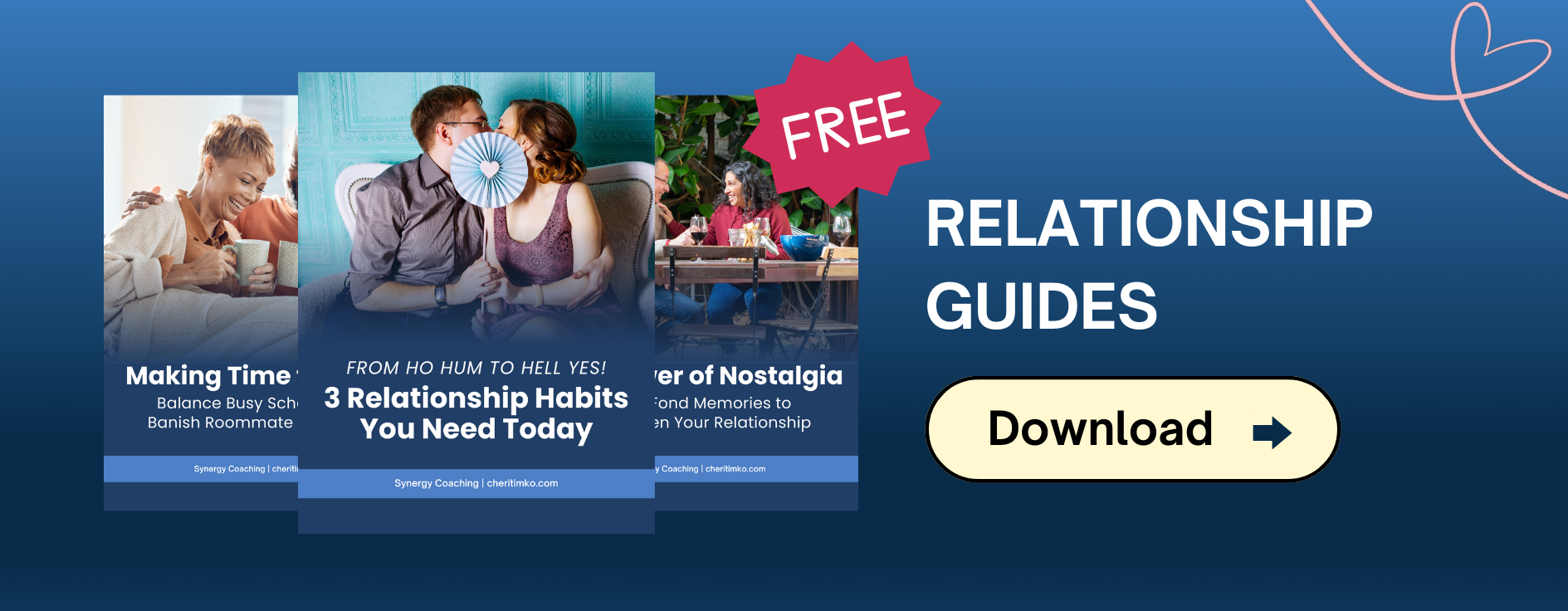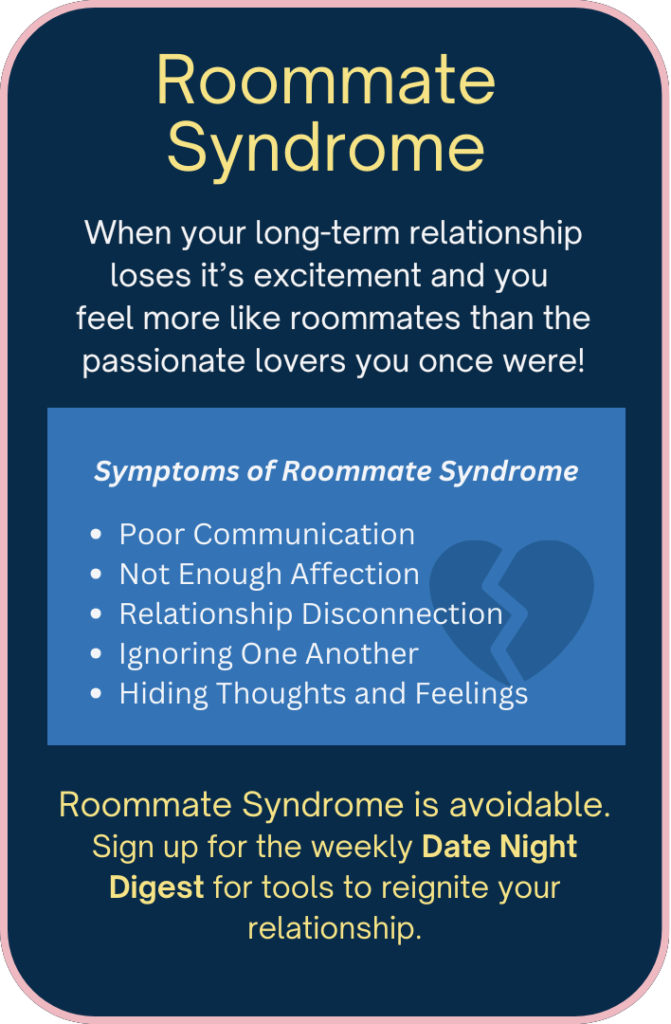It doesn’t take long for the newness of a relationship to wear off. It’s intoxicating to be in that part of the brand new relationship when you are both on your best behavior. You feel in-sync and its easy to have fun.
The honeymoon phase doesn’t last long. Life comes crowding in. You knew that your partner wouldn’t be perfect, but you didn’t realize they would hurt you quite so often. They miss opportunities to connect, are thoughtless about things that are important to you, and have a tone of voice that is dismissive or harsh.
Sadly, your partner lets you down.
Mine does, too. In fact, I let my partner down, more often than I know or want to admit.
These little things add up over time. You might think:
- Why do they continue to {insert thoughtless act}?
- They should know by now that I need {insert need}!
- Ugh! I can’t stand it when they {insert irritating behavior}!
You know the things I’m talking about. They are the things you have been complaining about since early in the relationship.
The built up hurt and disappointment is even worse when your partner has hurt you deeply. The threshold for what is a deep injury is different from person-to-person. Some common deep injuries are:
- Having an affair. This ranges from looking at other people and evaluating them sexually, liking sexy photos of others on social media, using porn instead of having sex with you, emotionally or physically connecting with another person.
- Lying. Failing to mention things, intentionally omitting important details, hiding where they are and what they are doing, purposefully misleading you to convince you of things that aren’t true can really hurt. Especially if they keep happening.
- Not showing up for big events. Missing births, graduations, funerals, and anniversaries can deeply hurt you, especially if you didn’t know ahead of time.
- Minor irritations that repeatedly happen. It’s death by a 1000 cuts when your partner repeatedly ignores you when you need time, attention, soothing, affection, or talking; lets you carry most of the workload of your lives; overreacts to your requests; or puts the responsibility for their actions on you.
- Financial infidelity is when your partner lies about, hides, controls, or spends your money without your knowledge, or by coercing or pressuring you to do something you don’t think is wise.
As you can see, the list of ways that a partner can hurt you is endless. When these big or small hurtful events happen, its normal to feel hurt, sad, upset, frustrated, disappointed, jealous, and/or outraged.
When hurtful things happen repeatedly and no amends are made, you build up feelings of resentment and bitterness. These feelings are toxic to love. They block the flow of the enjoyable parts of the relationship. When they build up, they form a wall between you and your partner that makes you feel distant, cold, and disconnected.
You know that resentment is building when:
- you bring up past wrongs in an argument
- you dwell or ruminate on hurtful events from the past
- you feel lonely, disconnected, distant, and distrustful towards your partner
Carrying resentment around is a heavy burden for you. One that you could put down.
The ideal way of letting go of resentment is to make repairs in the relationship. But making repairs doesn’t just depend on your partner. There are steps you can take to let go of the built up resentment. The reasons to work on it are many.
Letting go of resentment:
- relieves you of an unnecessary burden
- let’s you turn your attention and energy to other things
- improves the quality of the relationship
- let’s you relax and trust yourself more
How to Let Go of Resentment
1. Reframe the behavior
Look at the problematic behavior in the context of the relationship. Are there other good things that make up for the irritating behavior? On balance, are there more good things than bad? Are there good intentions behind the behavior, even if it is problematic?
2. Gratitude and appreciation
Practicing gratitude and sharing appreciation improve every situation. Many partners respond well to receiving that praise from you. It often motivates your partner to do a better job.
Practicing gratitude doesn’t mean that you ignore the bad things in the relationship. Instead, you let the good sit next to the bad. It helps you see the whole picture instead of overly focusing on the negative parts of the relationship.

3. Forgive them for not being perfect
I know you realize that your partner is not perfect. But the reality is that some of the ways that they are will be difficult for you to live with. Forgive them for not always doing everything in their power to avoid hurting you. This is something they can’t live up to.
4. Plan the things that matter the most to you.
Don’t let your needs go unmet. Don’t make your partner responsible for things that you can’t live without unless you are certain they will follow through. If you need a hug, be the person who initiates the hug. Your partner might not even think of hugging you because that is not as important to them.
Don’t let resentment block the good parts of the relationship. When you let resentment accumulate, it will poison your love. It’s important to clean out the muck that can build up between you. When you do, it often re-ignites the spark of feeling “in love” that you miss from the beginning of your relationship.
Need help letting go of resentment in your relationship? Start making changes in your relationship today with the free Relationship Guides!



